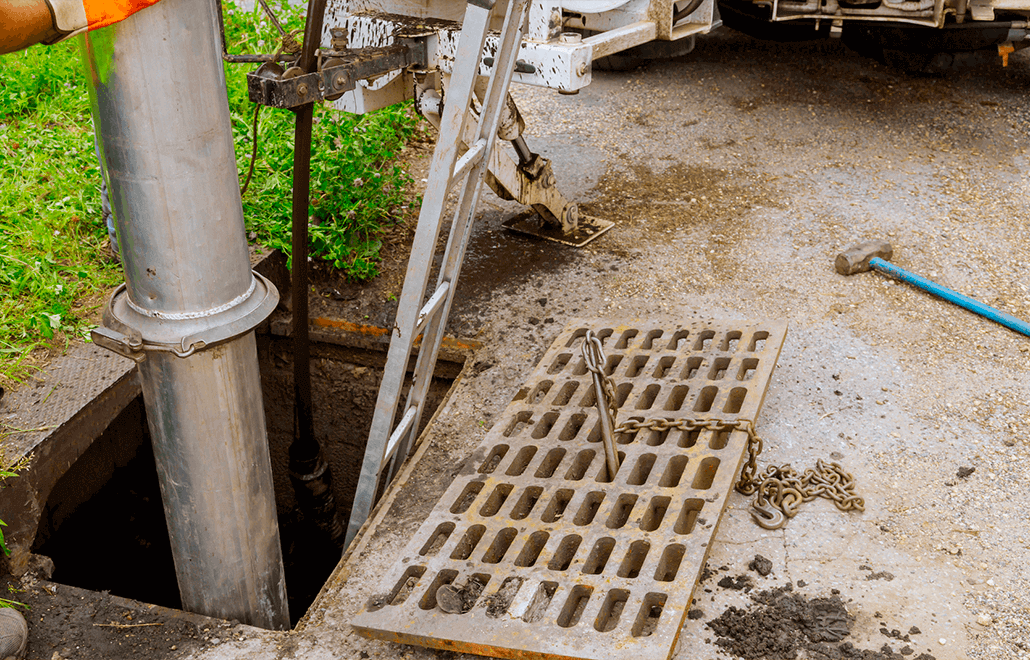
26 Sep Preventing Sewer Line Nightmares: Best Practices for Homeowners
Sewer lines are an essential yet often overlooked part of a home’s plumbing system. A malfunctioning sewer line can lead to significant disruptions and costly repairs. To avoid sewer line nightmares, homeowners can follow a few simple yet effective best practices. In this blog post, FB Plumbing shares valuable insights on how to prevent sewer line issues and maintain a healthy plumbing system.
- Mind What Goes Down the Drain:
One of the primary culprits behind sewer line clogs is the improper disposal of items down drains and toilets. Avoid flushing items like wipes, paper towels, and hygiene products, as they can accumulate and lead to blockages over time.
- Use a Strainer in the Kitchen:
Install a strainer in your kitchen sink to catch food scraps and debris. This prevents solids from entering your sewer line and causing clogs.
- Tree Roots: The Silent Invaders:
Tree roots seeking moisture and nutrients can infiltrate sewer lines, causing cracks and blockages. Regularly inspect your property for trees and shrubs that are too close to sewer lines. Consider professional root removal if necessary.
- Be Cautious with Grease:
Grease, oil, and fats should never be poured down the drain. They can solidify and create stubborn clogs. Dispose of these substances in a sealed container and place them in the trash.
- Regular Professional Inspections:
Schedule annual sewer line inspections by a professional plumber. They can identify early signs of issues like leaks, corrosion, or tree root intrusion, allowing you to address them before they worsen.
- Use Sewer-Friendly Toilet Paper:
Choose toilet paper that breaks down easily in water. Thick or quilted paper can accumulate and contribute to sewer line clogs.
- Avoid Chemical Drain Cleaners:
While tempting, chemical drain cleaners can damage your pipes and worsen clogs. Opt for mechanical methods like plunging or using a drain snake, or consult a professional plumber for safe alternatives.
- Know the Location of Your Sewer Line:
Familiarize yourself with the location of your sewer line, so you can avoid planting trees or building structures too close to it. This prevents potential root intrusion and damage.
- Educate Household Members:
Teach your family about the proper use of drains and toilets. Educate them about the potential consequences of flushing non-flushable items or improper waste disposal.
- Promptly Address Warning Signs:
If you notice slow drains, gurgling noises, foul odors, or backups in your plumbing fixtures, take immediate action. These are warning signs of potential sewer line issues that require professional attention.
Preventing sewer line nightmares is within your control by following these best practices. By being mindful of what goes down your drains, scheduling regular inspections, and educating your household, you can maintain a healthy sewer line and avoid costly repairs. If you encounter any sewer line issues or need professional guidance, FB Plumbing is here to provide expert solutions. Your proactive efforts today can save you from a major plumbing headache in the future.
Sorry, the comment form is closed at this time.